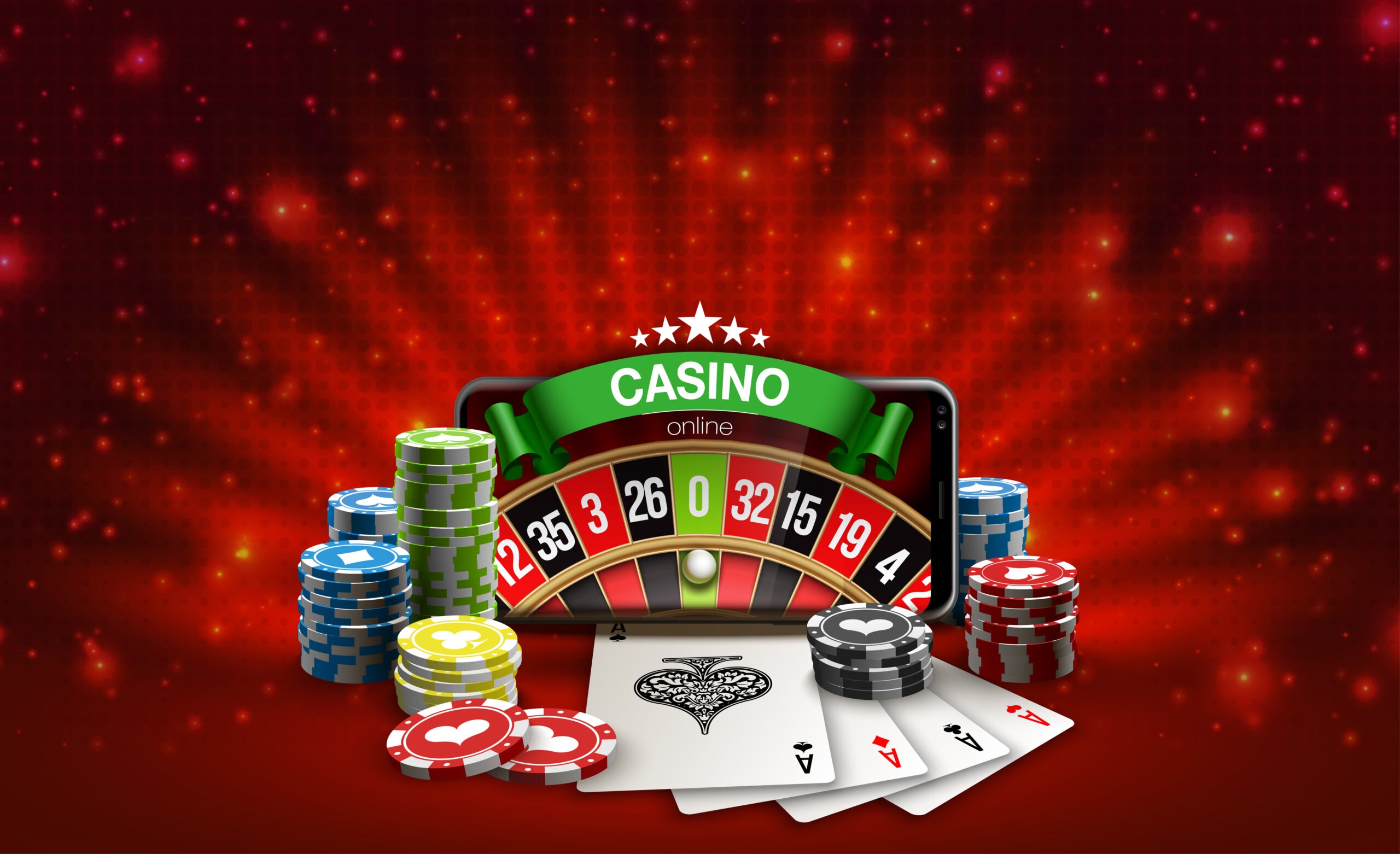Grasping the Various Types of Cards in Gambling Games

Casino offerings have been a source amusement and excitement for countless players around the globe. One of the key components that make these games captivating is the variety of cards employed in different kinds of games. Grasping the different kinds of cards can improve your gaming experience and improve your gameplay strategies. Regardless of whether you are attracted to traditional card games like Texas Hold’em and 21 or modern casino offerings, each game relies on a unique set of cards that affects the regulations and the flow of play.
In casino settings, cards come in several forms, each designed to meet the needs of specific games. From regular decks to specialized card types, the diversity plays a crucial role in shaping the mechanics of each game. By familiarizing yourself with these cards and their uses, you can achieve deeper insights into the games and make better decisions at the table. This knowledge not just enhances your gaming experience but also contributes to a higher-level approach to your chances of success.
Types of Playing Cards
When it comes to casino games, the kind of playing cards used can greatly impact the flow of the game and strategy. The most frequent deck is the standard 52-card deck, which consists of four suits: clubs, and spades. Each suit contains thirteen ranks, from Ace to king. This standard deck is essential in numerous games, such as poker, where gamblers aim to form the best hand possible or approach 21 as they can.
Some casino games utilize unique decks specifically designed for the game itself. For instance, the well-known game of baccarat often employs multiple decks shuffled together, typically 6 or 8. This not only increases the difficulty of the game but also affects betting strategies, as players must consider the increased number of cards in play. Additionally, certain games may introduce jokers or wild cards, providing further variety and thrill to the gambling experience.
In niche games, specialized decks may come into play. For example, in games like bridge or pinochle, participants might use specific rules with different card values or functions. These variations keep the gameplay fresh and allow for varied strategies to appear. Understanding the different types of playing cards and their specific uses in different casino games is key to improving one’s gaming experience and boosting overall performance at the tables.
Card Modifications in Gambling Activities
In casino activities, the type of deck used can significantly affect both the gameplay and the tactics used by participants. Most classic playing card games, such as blackjack and poker, typically use a regular 52-card pack. However, variations do exist where additional jokers or even several packs are used. For instance, in blackjack, some gaming establishments may employ one to eight decks, which can change the odds and the fundamental tactics required to compete optimally. Participants must be cognizant of the set of cards composition, as it affects the house edge.
Another common variation in gambling card games is the utilization of specialized or specialized decks. For example, some five-card draw activities might use a set of cards that features unique images or patterns, which can enhance the atmosphere at the table. These custom packs often function to distinguish between different game formats or loyalty programs within the gaming establishment. While the standard rules of the game remain the same, the visual appeal can influence participant engagement and enjoyment.
Lastly, the shuffling methods employed with various kinds of packs can also impact gameplay. Casinos often utilize automatic mixing machines that can randomly shuffle multiple decks effectively, making hand counting more challenging. The rate and method of shuffling can vary widely based on the game and the gaming establishment’s rules. Understanding these card variations is important for any player seeking to enhance their game strategy and overall satisfaction in casino activities. F168
Value of Cards Values
In gaming games, the significance of individual playing card plays a crucial role in influencing the consequences of multiple activities. Various games assign unique worths to playing cards, affecting tactics and player decisions. For example, in 21, playing cards numbered 2 through ten are valued at their face value, while face cards hold a value of 10, and the ace can be valued either 1 or eleven. Understanding these values allows players to make smart choices during gameplay, improving their chances of winning.
Similarly, in poker, the value of playing card worths extends to hands and combination hierarchies. Strong playing cards can form stronger hands, such as two of a kind, straight hands, or flushes, which are crucial for success in the activity. Gamers must consider not only their own hand but also likely hands their rivals might hold. This tactical depth adds excitement and challenge, making playing card worths a important factor in poker’s attraction.
Moreover, the cognitive aspect of card values cannot be ignored. Gamers may use the knowledge of card values to mislead or confuse their rivals. By grasping how a card’s worth can impact the game’s dynamics, gamers can better navigate risks and gains, creating a exciting environment in casino games. Whether playing for fun or for real cash, knowledge of playing card worths significantly affects the overall gaming experience.
